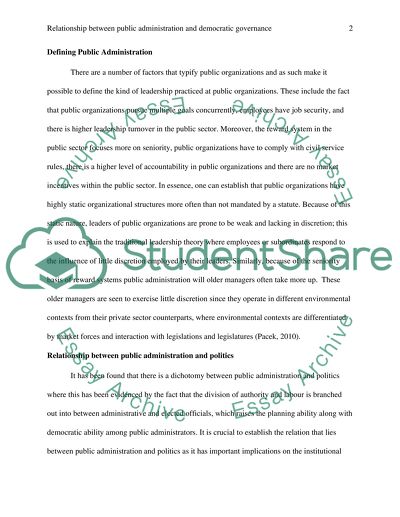Cite this document
(“What is the relationship between public administration and democratic Essay”, n.d.)
What is the relationship between public administration and democratic Essay. Retrieved from https://studentshare.org/history/1627898-what-is-the-relationship-between-public-administration-and-democratic-governance
What is the relationship between public administration and democratic Essay. Retrieved from https://studentshare.org/history/1627898-what-is-the-relationship-between-public-administration-and-democratic-governance
(What Is the Relationship Between Public Administration and Democratic Essay)
What Is the Relationship Between Public Administration and Democratic Essay. https://studentshare.org/history/1627898-what-is-the-relationship-between-public-administration-and-democratic-governance.
What Is the Relationship Between Public Administration and Democratic Essay. https://studentshare.org/history/1627898-what-is-the-relationship-between-public-administration-and-democratic-governance.
“What Is the Relationship Between Public Administration and Democratic Essay”, n.d. https://studentshare.org/history/1627898-what-is-the-relationship-between-public-administration-and-democratic-governance.


